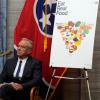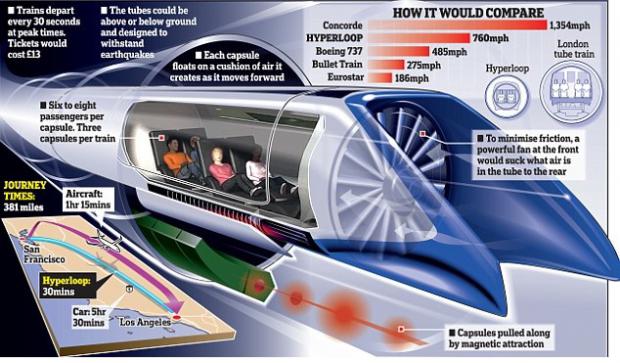
Breaking News
 Dr Pollan at Harvard has cured schizophrenia using keto diet
Dr Pollan at Harvard has cured schizophrenia using keto diet
 We are winning. Big Pharma is finding it too difficult to get new vaccines approved under Trump
We are winning. Big Pharma is finding it too difficult to get new vaccines approved under Trump
 Abortion drugs discovered in Bill Gates' vaccines
Abortion drugs discovered in Bill Gates' vaccines
 Ask yourself how we've gotten here, then ask yourself why no one seems to care.
Ask yourself how we've gotten here, then ask yourself why no one seems to care.
Top Tech News
 Drone-launching underwater drone hitches a ride on ship and sub hulls
Drone-launching underwater drone hitches a ride on ship and sub hulls
 Humanoid Robots Get "Brains" As Dual-Use Fears Mount
Humanoid Robots Get "Brains" As Dual-Use Fears Mount
 SpaceX Authorized to Increase High Speed Internet Download Speeds 5X Through 2026
SpaceX Authorized to Increase High Speed Internet Download Speeds 5X Through 2026
 Space AI is the Key to the Technological Singularity
Space AI is the Key to the Technological Singularity
 Velocitor X-1 eVTOL could be beating the traffic in just a year
Velocitor X-1 eVTOL could be beating the traffic in just a year
 Starlink smasher? China claims world's best high-powered microwave weapon
Starlink smasher? China claims world's best high-powered microwave weapon
 Wood scraps turn 'useless' desert sand into concrete
Wood scraps turn 'useless' desert sand into concrete
 Let's Do a Detailed Review of Zorin -- Is This Good for Ex-Windows Users?
Let's Do a Detailed Review of Zorin -- Is This Good for Ex-Windows Users?
 The World's First Sodium-Ion Battery EV Is A Winter Range Monster
The World's First Sodium-Ion Battery EV Is A Winter Range Monster
 China's CATL 5C Battery Breakthrough will Make Most Combustion Engine Vehicles OBSOLETE
China's CATL 5C Battery Breakthrough will Make Most Combustion Engine Vehicles OBSOLETE
SpaceX's hyperloop race was a milestone for the futuristic transportation system

Last weekend, excitement ran high at the SpaceX Hyperloop competition, a culmination of a year's work on dogged research and development to imagine and build the transportation of the future. Just before the first finalist's pod launched, a rustle ran through the crowd of SpaceX employees, hyperloop teams, and journalists. Elon Musk appeared on the stage.
Back in 2013, Musk released his white paper that theorized the possibility of aerodynamic aluminum capsules filled with passengers or cargo that could travel in a nearly airless tube at roughly the speed of sound. "Hyperloop Alpha" teased the possibility of traveling from San Francisco to Los Angeles in just 30 minutes. His idea inspired engineers and investors around the world, ultimately prompting Musk to launch the design contest. Part one was held at Texas A&M University last year, while part two — in which actual pods were propelled through an actual hyperloop tube, a global first — wrapped up last Sunday.



